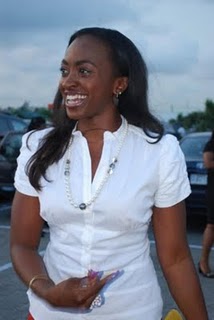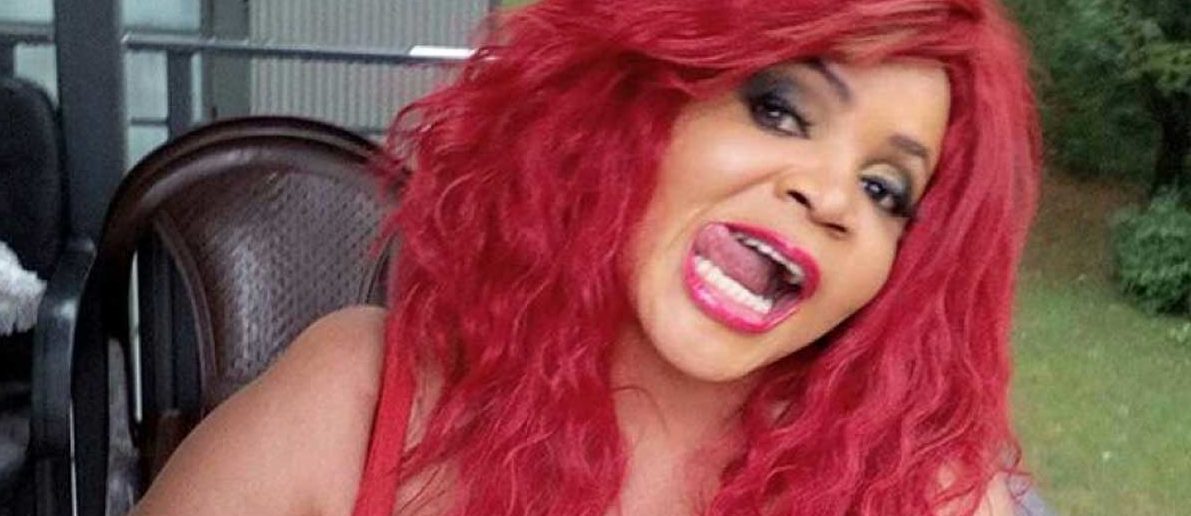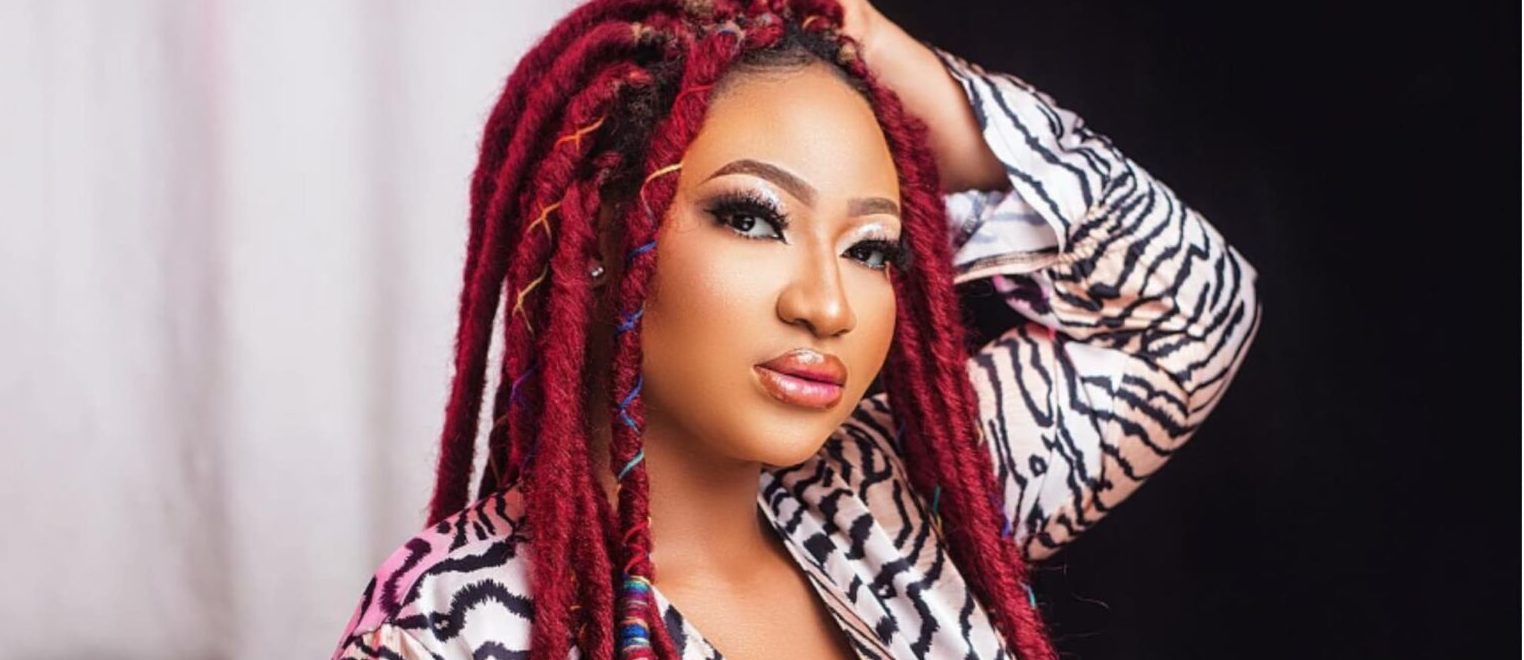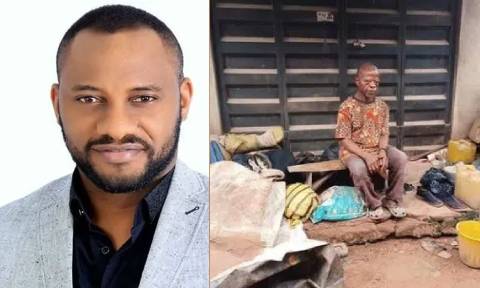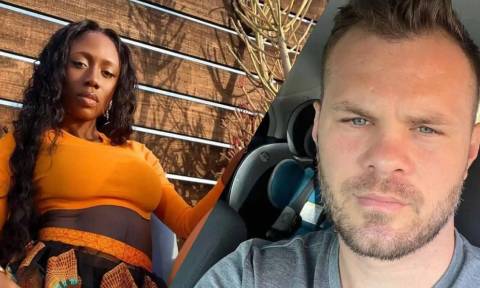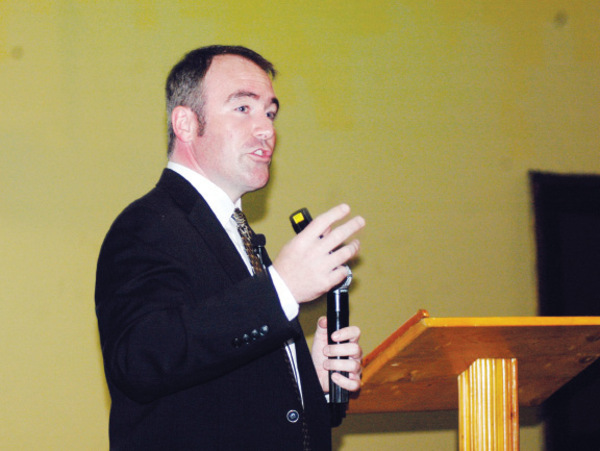
Multiple award-winning American scriptwriter, content manager and academic, Michael Gozzard, was story editor at Oscar-winning actor, Morgan Freeman’s production company, Revelations Entertainment. He is the chief executive officer of Pennlyn Productions, a film and TV production company that co-produced Dimension Films’ horror thriller ‘The Collector’ and currently in pre-production on ‘Sensei’ which was inspired by his experiences living and teaching in Japan.
Gozzard was among the quartet that wrote ‘Pride,’ starring Terrence Howard, the late Bernie Mac and Nate Parker, among others. The filmmaker, who facilitated the iREPRESENT International Documentary Film Forum (iREP) on ‘Story Telling, Scripting and Content Management’ organised in collaboration with the Public Affairs Section of the United Consulate, Lagos, spoke with NEXT before the forum ended on Friday, September 2.
Why did you accept to facilitate at this workshop?
I wish to help professionals in Nigeria improve their story crafting skills. I want to see Nigerian movies winning awards in America and telling stories that Americans and audiences from other parts of the world will understand.
How does it feel coming to Nigeria?
This is my first time and it has been a lifetime dream to come to Africa. Most of my projects have been with African-Americans and my next project is on the foundation of Liberia. Africa has always been a place I wanted to come and when I heard about the workshop, I decided to come.
What went into production of ‘Pride’?
It was difficult. When I showed up as a white man who wrote ‘Pride’, people’s expression was, ‘We thought you’re a black man.’ They kept asking me, ‘Are you the producer of ‘Pride’?’ Every time I answered, ‘Yes, I am the writer.’ But I had to gain the trust of the people I’m working with and prove to them that for me to write like an African writer, I can shoot the film and produce it. It took me a while to get the trust of the people. My skin brought a lot of history.
What’s your take on Africa’s movie industry and Hollywood?
The story of Africa is the origin of storytelling. Telling a story, that’s what inspires the writer of the script. It is the same thing sitting around watching a film and sitting around a camp fire and an older man is telling a story of our ancestors. These movies should be echoes of our ancestors and the past. If you don’t know your past, you can’t know your future. Anything that happens in the past will happen in the future.
America is really a culturally dead place right now; everything is being taken over by corporations, to the point that there is no real true voice in music and movie, which doesn’t take us anywhere. A culturally dead America could be really hungry for a heartfelt story coming out of Nigeria, Ghana or Somalia. People are aching and dying for stuffs that mean something. For example, ‘Slumdog Millionaire’ is a Western film shot in India; it’s not completely Bollywood. Those were not American people or places, but it was a heartfelt story enhanced with constructive media. If a true heartfelt story comes out of this region, and it can because we have the infrastructure, mind and talent, once we get the script and how to shoot it right, we will get a good heartfelt story coming out of Nigeria.
What do you want participants to take away from the workshop?
We want to educate the people on how to write script, screenplay, content management, craft stories, be good directors, and for them to go back to their industries and teach other people want they have learnt.
How do you think the industry can get better, in terms of standard and acceptability?
I never knew Nollywood existed until a month ago. I knew the Japanese industry and Bollywood, because that has been part of my training, but I feel terrible not knowing about Nollywood. When I came here and I saw things, I felt more inspired and it made me remember that I was like this 18 years ago.
But it won’t take long. You guys are so ambitious, wanting to know things but just putting their writing in the wrong format. I didn’t get it right the first time I wrote my script, but then I started reading books and learning and I got it right. When I was in film school, I didn’t know how to hold a camera, how to turn on and off a camera. I didn’t know how to turn a microphone; I didn’t even know how to direct.
The fact that I went to film school in America doesn’t mean I’m an expert in all these things; I became an expert because I learnt it. Here in Nollywood, there is so much passion; all they need is a few professionals to come and show them how things are done. I think Nollywood movies are better than some from other film industries, but it can be better if they have the expertise. Nollywood has to start somewhere and then do it. My first script was bad, the first film I directed was not that good, but I learnt and I got it. So, Nigeria’s movie industry can do the same.
What’s your vision for Nigeria’s movie industry?
I hope and wish to see Nigerian movies winning awards all over the world. There is no reason why other film industries cannot make their films here, why American comedies can’t be made here. There is no reason why Nigeria’s movie industry cannot make their films with other film industries in the world. They can. All they need to do is learn more and my hope is that they will learn more.
How was it like working with Morgan Freeman?
He changed my life. I devoted my time to working in his company and I worked hard, which made him hire me full-time. He’s kind and the most intelligent and smartest person I’ve ever met. He learns everything he has to know and it wasn’t difficult for him to memorise his script. He researches everything. As a writer, actor and director, you have to research your material; you have to know it better. You have to know more than everybody because you haven’t met people that are watching and you don’t know their standard. They can know more than you. Morgan is a great actor.
Tell me about your ‘Foundation of Liberia’ project?
It about a girl doing research in Liberia, a research about African-American slavery and in the course of the research, they discovered that Liberia was founded by free Americans. Then the research gets more intense.

